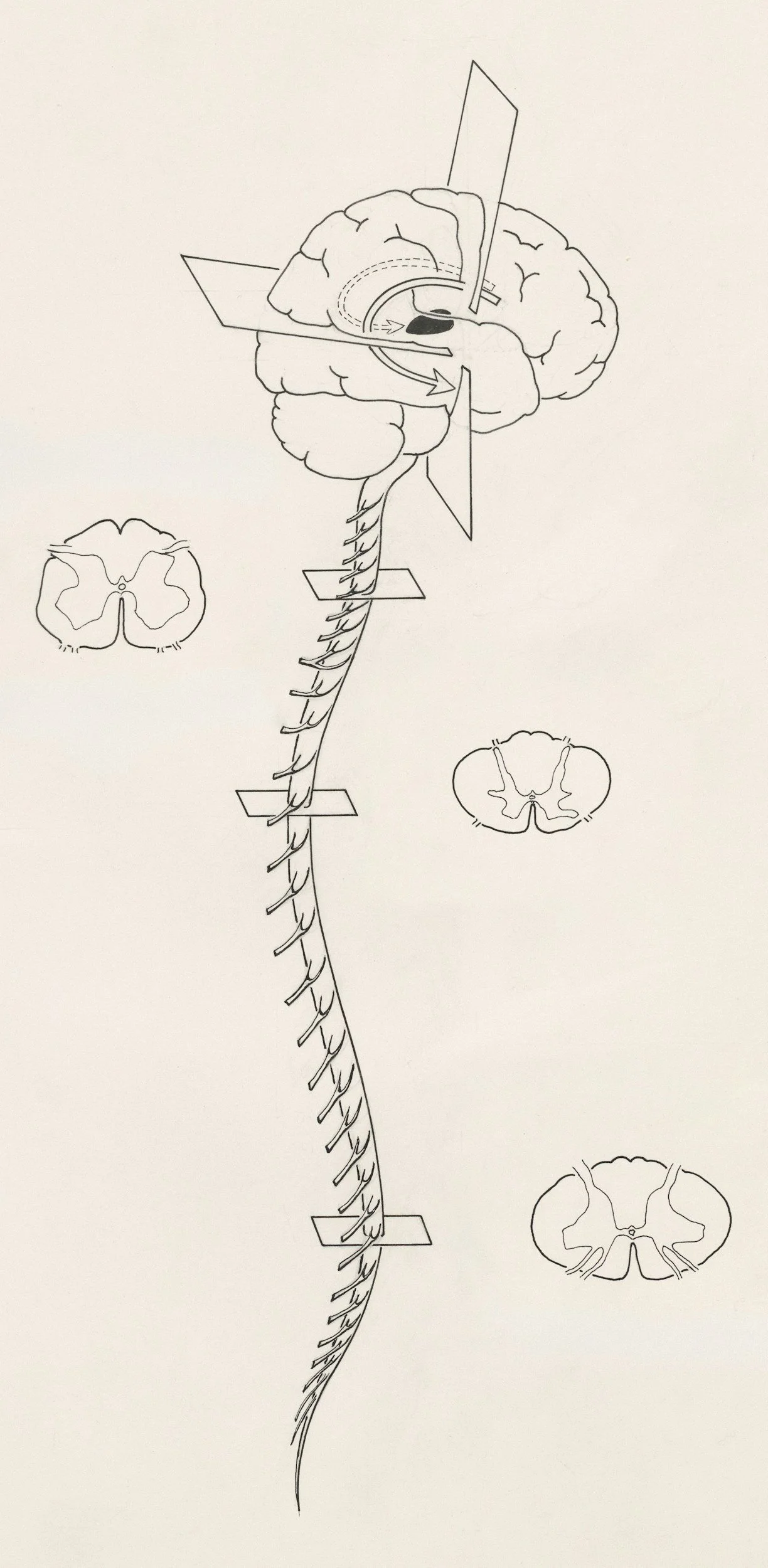Understanding Sciatica: Causes, Symptoms, and the Solution
What Is Sciatica?
Sciatica refers to pain that radiates along the path of the sciatic nerve, the largest nerve in the body. This nerve branches from your lower back through the hips and buttocks and down each leg. Typically, sciatica affects only one side of the body.
It’s important to note that sciatica is a symptom, not a condition in itself. It often points to an underlying issue involving the lower spine
Common Causes of Sciatica
Sciatica can result from various conditions that compress or irritate the sciatic nerve
Herniated or slipped disc
Degenerative disc disease
Spinal stenosis (narrowing of the spinal canal)
Piriformis syndrome (muscle irritation near the nerve)
Pelvic misalignment
Pregnancy-related posture changes
Poor posture, a sedentary lifestyle, or repetitive stress can increase the likelihood of sciatic nerve irritation.
Symptoms of Sciatica
Sciatica can feel different for everyone, but common symptoms include
Sharp or burning pain in the lower back, buttock, or leg
Numbness or tingling down the leg
Muscle weakness in the affected leg or foot
Pain that worsens with sitting, coughing, or sneezing
For some, the pain is manageable. For others, it can become debilitating.
Managing Sciatica: The Importance of Movement
While rest may seem like the answer, prolonged inactivity often makes sciatica worse. Movement, when done correctly, promotes circulation, reduces inflammation, and supports healing.
That’s where Reformer Pilates comes in.
How Reformer Pilates Can Help Alleviate Sciatica
Reformer Pilates is a form of low-impact exercise performed on a specialized machine called the Reformer. With its adjustable springs, straps, and sliding carriage, the Reformer allows for controlled, supportive movement that’s ideal for people experiencing sciatic pain.
Here’s how Reformer Pilates helps
Spinal Decompression
Gentle stretching and core strengthening on the Reformer help reduce spinal compression, a common contributor to sciatic nerve irritation. Lengthening the spine can relieve pressure on the nerve roots.Strengthening the Core and Pelvis
A strong core provides better spinal support. Reformer exercises target the deep abdominal muscles, pelvic floor, and glutes, improving stability and reducing strain on the lower back.Improved Posture and Alignment
Many cases of sciatica are aggravated by poor posture. Reformer Pilates focuses on body awareness and postural alignment, helping to retrain the body to move more efficiently and pain-free.Increased Flexibility
Tight hamstrings, hip flexors, and piriformis muscles can irritate the sciatic nerve. The controlled stretches in Reformer Pilates safely increase flexibility and release tension in these areas.Customized and Supportive
With a trained instructor, Reformer Pilates can be tailored to your needs. The machine’s resistance can be adjusted to accommodate pain levels while still promoting movement and recovery.
Sciatica can be frustrating and painful, but it doesn’t have to control your life. Understanding the root cause and approaching recovery with mindful movement is key. Reformer Pilates offers a safe, effective way to reduce pain, restore alignment, and build the strength your body needs to prevent future flare-ups.
Whether you're recovering from an episode or looking to manage chronic symptoms, Reformer Pilates provides a supportive path toward relief and better long-term spinal health.
